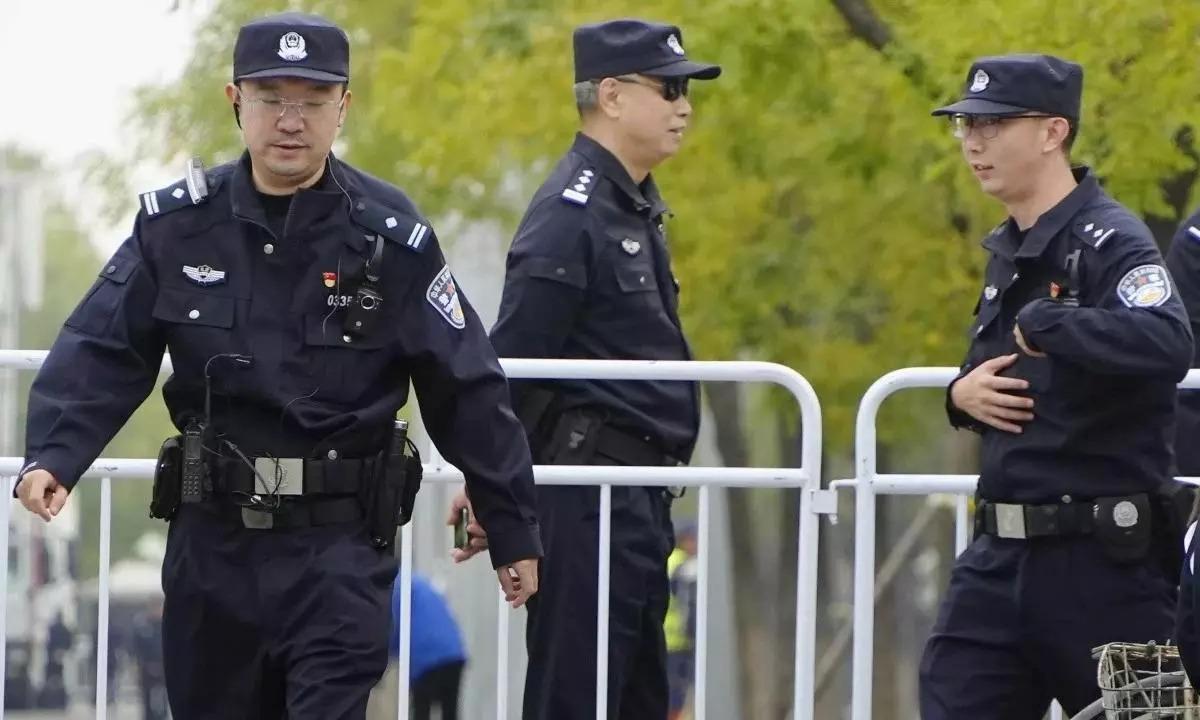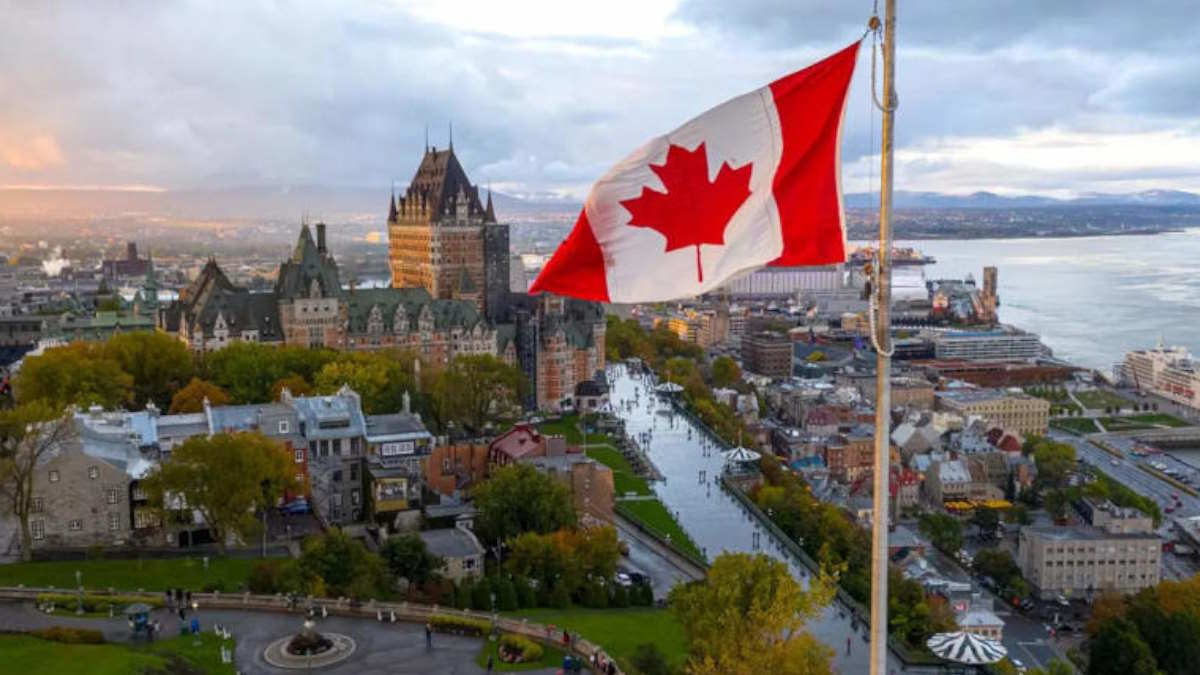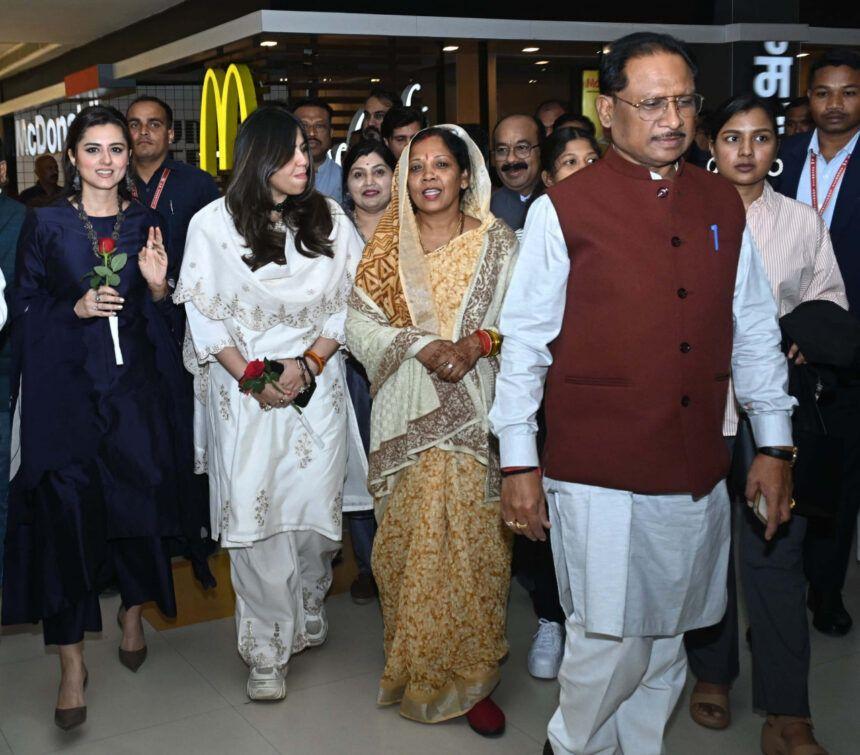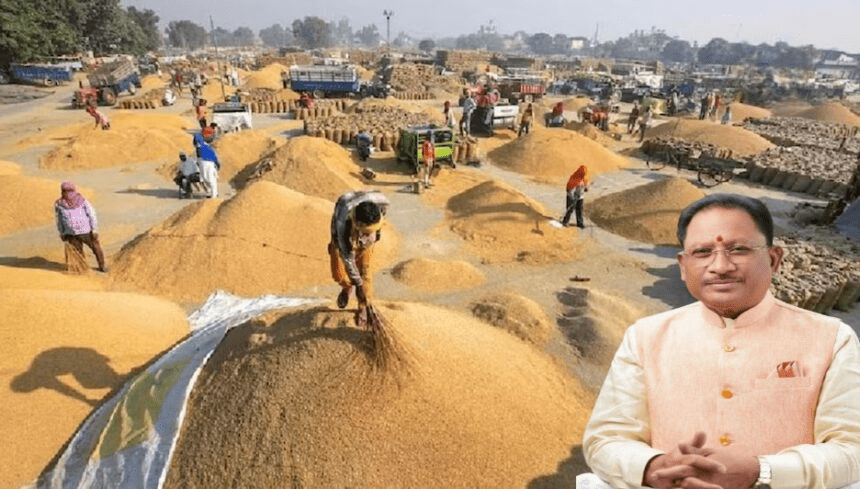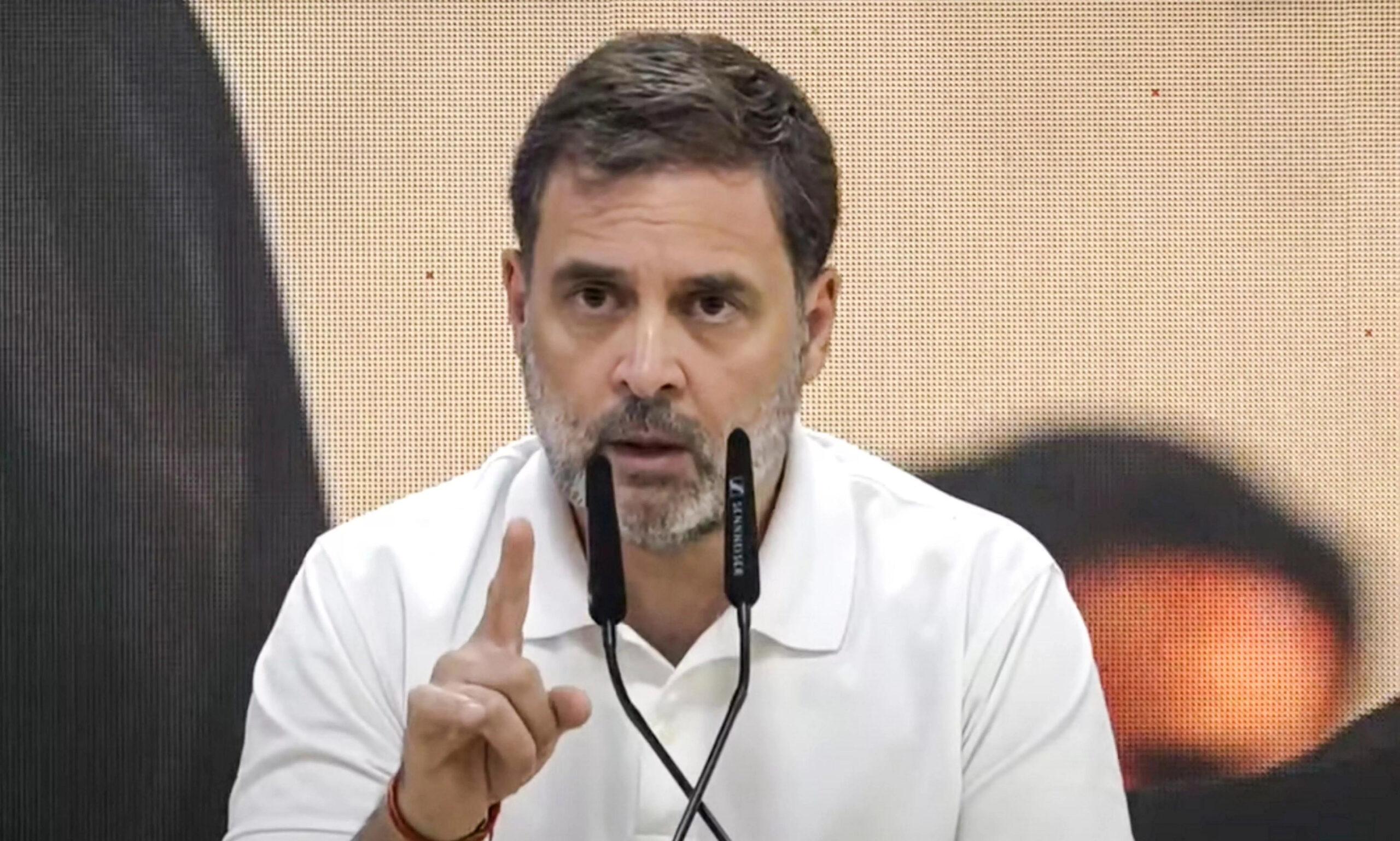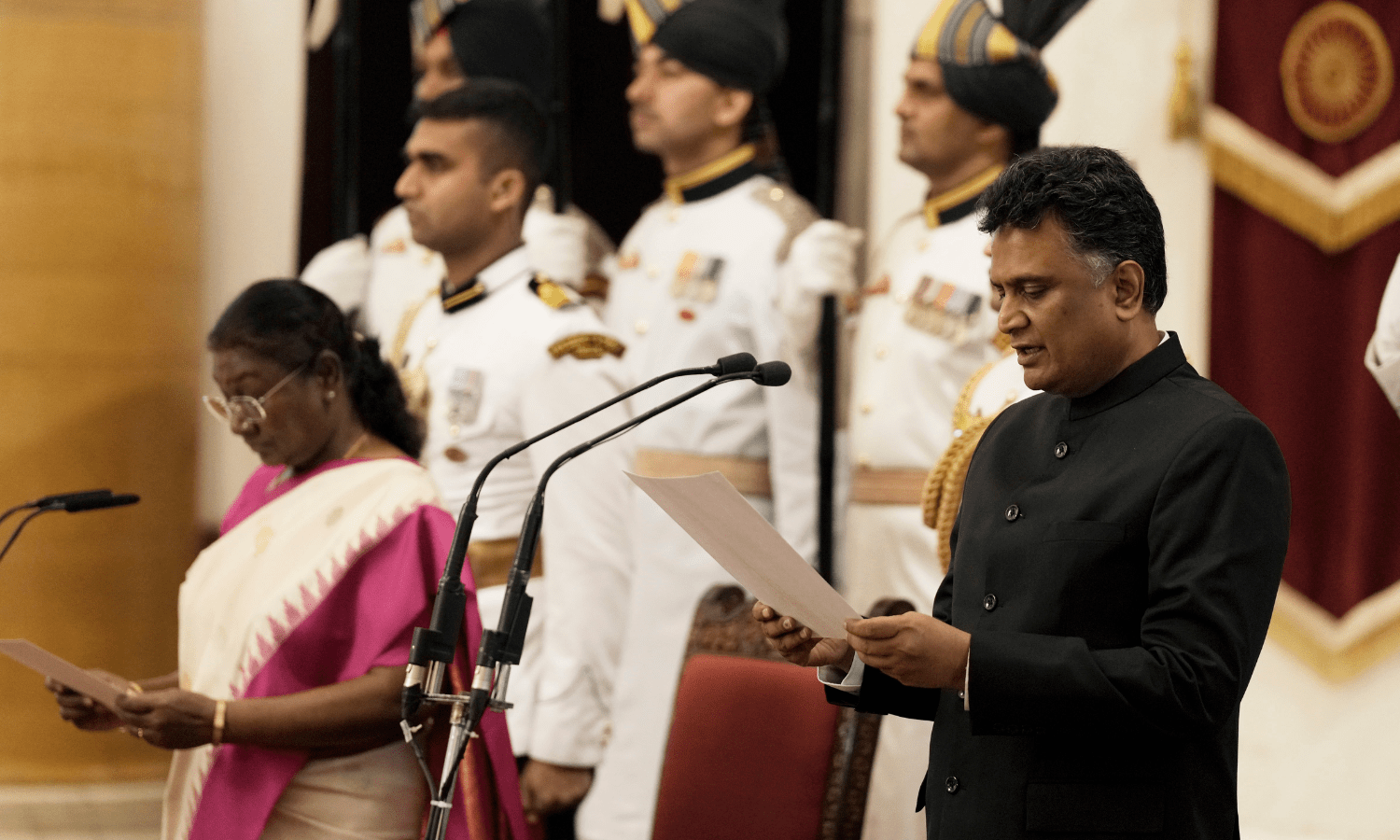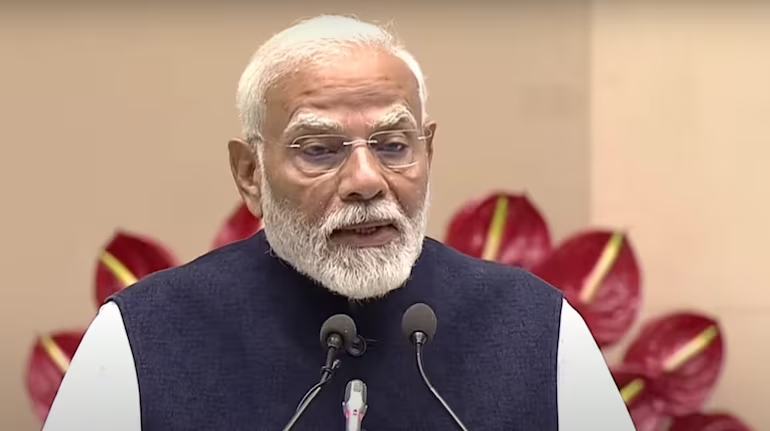
Working to provide solutions for global food security
Prime Minister Narendra Modi on Saturday August 3 said India has become a food surplus country and is also working to provide solutions for global food and nutritional security. The Prime Minister said, agriculture is at the centre of India’s economic policies, and the Union Budget 2024-25 has given a big push to sustainable and climate-resilient farming and developing a complete ecosystem to support Indian farmers. He was addressing the 32nd International Conference of Agricultural Economists (ICAE), which is being organised in India after 65 years. Recalling the last International Conference of Agricultural Economists, Modi mentioned that India was then a newly Independent nation, and it was a challenging time for the country’s agriculture and food security.
“Now, India is a food surplus country,” he said, adding that the country is the number one producer of milk, pulses and spices in the world. Also, the country has become the second-largest producer of foodgrains, fruits, vegetables, cotton, sugar and tea. “There was a time when India’s food security was a concern for the world. Now, India is working to provide solutions for global food security and global nutritional security,” he said at the conference, attended by about 1,000 delegates from around 70 countries. Therefore, Modi said, India’s experience is valuable for discussions on food system transformation and will benefit the global south. The Prime Minister reiterated India’s commitment to global welfare as a ‘Vishwa Bandhu’. He highlighted various mantras put forward by India on various fora, including ‘One Earth, One Family and One Future’, ‘Mission LiFE’ and ‘One Earth One Health’. He underlined India’s approach of not viewing the health of humans, plants and animals in silos.
“Challenges before sustainable agriculture and food systems can only be tackled under the holistic approach of One Earth, One Family and One Future,” he said. Modi emphasised the importance of the agriculture sector in the Indian economy and highlightedtheworkdoneby hisgovernmentinthelast10 years for the growth of the farm sector in a sustainable manner.“Agricultureisatthe centre of India’s economic policies,” he said. In Indian agriculture, 90 percentoffarmersown very little land, and these small farmers are the biggest strengthofIndia’sfoodsecurity, Modi said. Hepointedout that asimilar situation is prevalent in severaldevelopingcountries inAsia,makingIndia’smodel applicable. The Prime Minister also saidIndiahasprovided1,900 new climate-resilient varieties of crops in the last 10 years. India is promoting chemical-freenaturalfarming,he added. He also said the country ismoving towardsachieving the 20 per cent ethanol blending target in petrol. The conference will highlight India’s proactive approach to global agricultural challenges and showcase the nation’s advancements in agricultural research and policy.
The Prime Minister also acknowledged the seriousness of the nutrition challenge, along with water scarcityandclimatechange. He presented Shri Anna, Millet, as a solution given the superfood’s quality of minimum water and maximum production. Modi expressed India’s willingness to share India’s milletbasketwith theworld. In his speech, he also talked about how India is leveraging digital technology in the agriculture sector. HealsomentionedthePM KisanSammanNidhi,where money is transferred to the bank accounts of 10 crore farmers with a single click, and a digital public infrastructurefordigitalcropsurvey that provides real-time information to farmers and enables them to make datadriven decisions. Heemphasisedthatcrores of farmers will benefit from the initiative and improve their economic condition. Modi also spoke about a huge campaign forthe digitisationofland,where farmers will be given a digital identification number for their land and the promotion of drones in farming, where ‘drone didis’ are trained to operate them.
![]()

